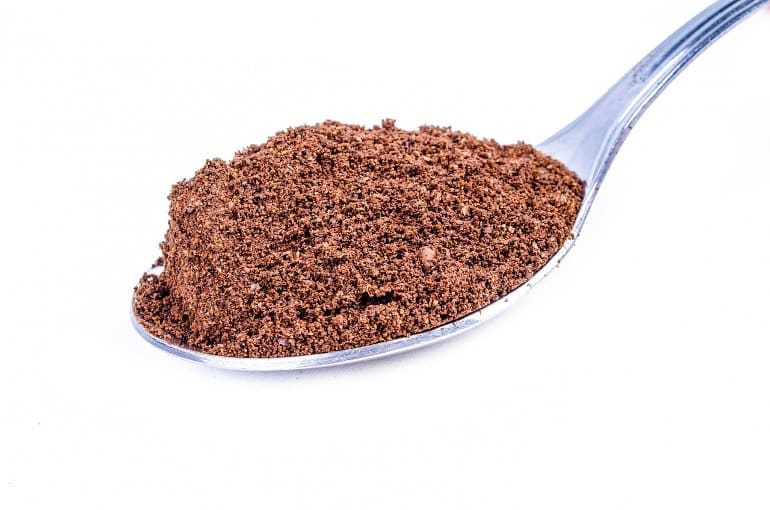Summary: “Dry scooping” or directly consuming pre-workout drink powders without adding liquid is becoming an increasingly concerning dietary fad in young adolescents and young adults. Dry scooping has been associated with extremely negative health outcomes including risk of inhalation, cardiac abnormalities, and digestive issues.
Source: University of Toronto
A new study, published in the journal Eating Behaviors, has found that over 1 in 5 adolescent boys and young adult men have engaged in “dry scooping”, a novel dietary phenomenon described as ingesting pre-workout powders without a liquid (i.e., the entire scoop in one shot without mixing with water as intended).
“Dry scooping can have serious health effects, including issues with inhalation, cardiac abnormalities, and digestive issues,” says lead author Kyle T. Ganson, PhD, MSW, assistant professor at the University of Toronto’s Factor-Inwentash Faculty of Social Work, “To date, however, there have been no epidemiological studies investigating the occurrence of dry scooping among young people, leaving significant information unknown.”
Analyzing data from over 2,700 Canadian adolescents and young adults from the Canadian Study of Adolescent Health Behaviors, the researchers found that 17% of participants reported dry scooping at least one time in the previous year, and an average of 50 times over that time period. The researchers also found that participants who engaged in weight training and spent greater time on social media were more likely to report dry scooping.
“Our data shows that novel dietary phenomena that become popularized on social media and within gym culture can lead to a greater likelihood of engagement,” Ganson continued. “We need to be thinking of these risk factors as potential areas of prevention and intervention.”

The study also showed that participants who displayed clinically significant symptoms of muscle dysmorphia, a mental health condition characterized as the pathological pursuit of muscularity, were also more likely to report dry scooping. This finding underscores the potentially harmful behaviors one may engage in to achieve one’s body ideal.
“We need health care and mental health care providers to be knowledgeable of these unique dietary practices aimed at increasing performance and musculature, such as dry scooping,” says Ganson.
The researchers called for more investigation on this topic, as well as prevention and intervention efforts, such as educating young people on the potential harms and lack of evidence of dry scooping.
About this health research news
Author: Dale Duncan
Source: University of Toronto
Contact: Dale Duncan – University of Toronto
Image: The image is in the public domain
Original Research: Closed access.
“Prevalence and Correlates of Dry Scooping: Results from the Canadian Study of Adolescent Health Behaviors” by Kyle T. Ganson et al. Eating Behaviors
Abstract
Prevalence and Correlates of Dry Scooping: Results from the Canadian Study of Adolescent Health Behaviors
Dry scooping is a novel dietary practice characterized by consuming pre-workout powders without mixing with a liquid as directed. Despite purported benefits of this practice, such as increased energy due to the high concentration of caffeine, there are potential harms of engagement.
To date, no known empirical research has investigated dry scooping in epidemiological research. Therefore, the aim of this study was to characterize the prevalence and correlates of dry scooping among a sample of Canadian adolescents and young adults. Data from the Canadian Study of Adolescent Health Behaviors (N = 2731) were analyzed.
Prevalence of any dry scooping in the past 12 months among the overall sample, and by gender, was estimated. Modified Poisson regression analysis was used to determine the adjusted associations between sociodemographic and descriptive characteristics and dry scooping. Overall, 16.9 % of the sample reported dry scooping in the past 12 months, which was significantly more common among men (21.8 %) compared to women (14.2 %) and transgender/gender non-confirming participants (8.0 %).
Participants who reported weight training, greater time spent on social media, and clinically significant symptoms of muscle dysmorphia were more likely to report dry scooping, while sexual minorities, relative to heterosexual participants, and those with higher education were less likely to report dry scooping. This study is the first known epidemiological study of dry scooping, underscoring the common nature of this contemporary dietary behavior.
Findings emphasize the need for future research and prevention and intervention efforts to protect the health and well-being of young people.







